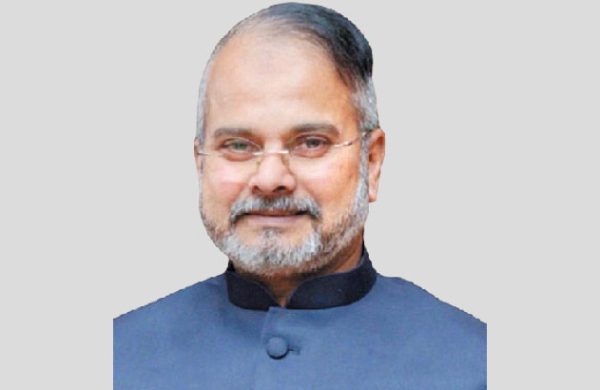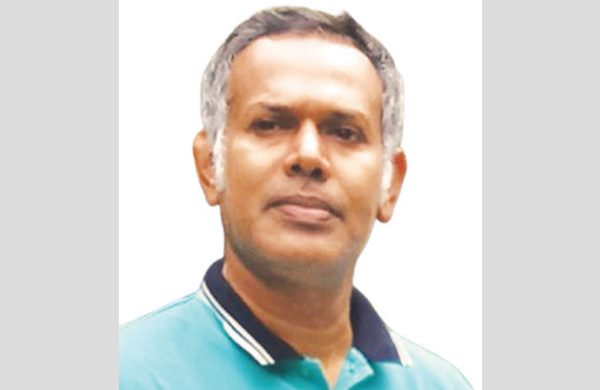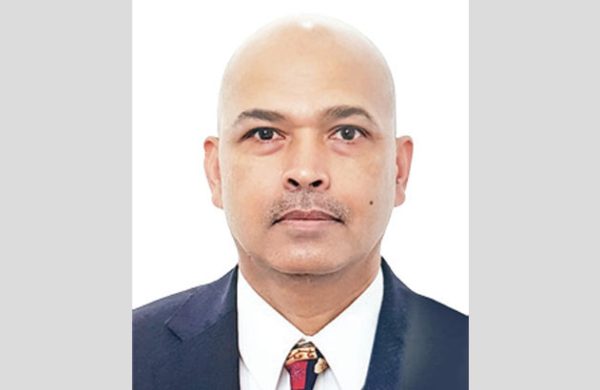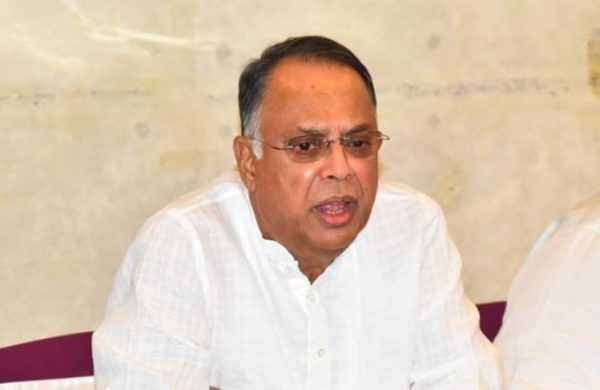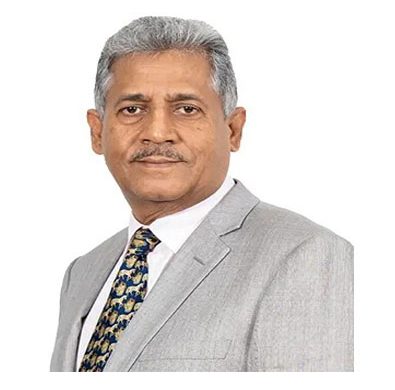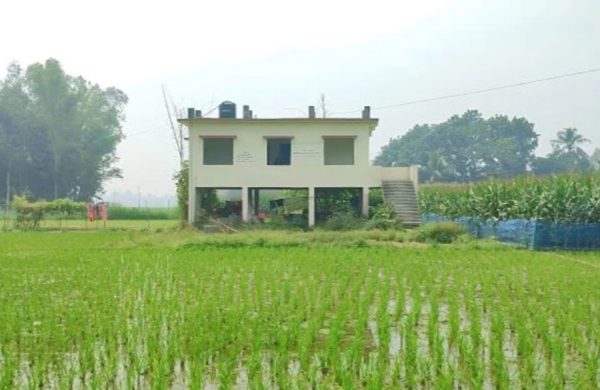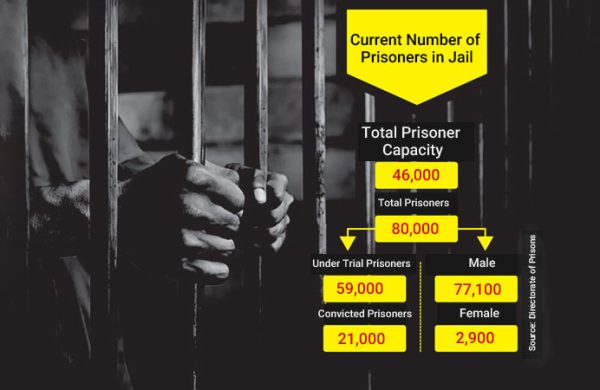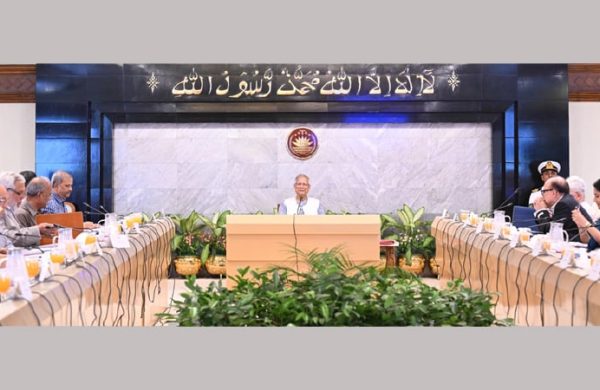A long-term vision for local government
- Update Time : Tuesday, January 7, 2025

—Dr Nawshad Ahmed—
The interim government formed a Local Government Commission on November 18, 2024, to recommend reform measures to strengthen local government institutions and good governance at the sub-national level. A long-term vision for local government reform is needed to meet the challenges of the 21st century. Despite commitments made in the successive five-year plans of the country, adequate measures have not been taken to strengthen the local government bodies and thereby lessen the burden of development efforts on the central government.
Bangladesh has a fairly long history of both rural and urban local government institutions. But their performance has not been satisfactory. So, local government reform must continue, keeping future demand for services in view. Future demographic and physical development trends should determine the allocation decisions of both national and local public expenditures in the coming decades. It is worth noting that the demand for infrastructure and services in the urban areas is constantly rising. About 40 percent of the country’s population is already living in urban areas and the rate of urbanisation will remain high in the foreseeable future. Rural-urban migration will continue unabated since the rural areas cannot create adequate employment opportunities for a growing population. Within the next two decades, the urban population is expected to be 65 percent of the total population. If we cannot plan our urban areas now, and develop necessary roads, drains, schools, hospitals and other infrastructure and services, then many secondary cities and towns in the country will become congested. People there will experience urban distress, similar to that faced by the residents of metropolitan Dhaka and Chattogram.
The Rajshahi City Corporation is a good example for successfully developing its infrastructure and maintaining decent urban services. The Local Government Commission should learn from the experience gained by Rajshahi City Corporation over the last three decades, and suggest reforms in urban local bodies in light of this experience. Furthermore, the local governments in urban areas must lead the planning and development control. Necessary coordination roles of city corporations and municipalities must also be ensured so that urban areas, where most of the country’s population will eventually live, can enjoy a healthy life. As the demand for urban land, houses and other services rises, there should be a mechanism enabling urban local bodies to manage development around their official boundaries, ensuring that future physical growth is not hindered. There should be some kind of collaboration between the urban and rural local bodies so that unplanned development does not take place in the peri-urban areas.
There is a rising demand for local services, in both urban and rural areas, due to population growth and increase in income. Failing to meet the local demand will lead to disastrous consequences for the country’s future development. Urbanisation is happening haphazardly; there is no proper land-use control and people are living under serious urban stress. The unplanned development in both cities and towns must be arrested, otherwise the whole country will become an urban slum. There is no alternative to the planned development of the urban areas. Therefore, local government reform must see urban centres as the country’s future and accordingly strengthen the functional capacity of urban local governments, equipping them with required manpower, more responsibilities, and additional budget allocation.
The most important issues around local government are: i) controversy over party-based election to local bodies; ii) huge gap between responsibilities and available resources, causing frustration among the elected representatives and dissatisfaction among the residents; iii) discrimination in allocation of public funds to local bodies; iv) shortage of manpower, non-recruitment in vacant positions and low skills of staff; v) low compliance on the required stakeholder participation, which results in misplaced prioritisation of projects; vi) challenges in producing accurate budget and accounts, and management of asset; vii) lack of emphasis on environment and climate change issues, and lack of inclusivity in the local bodies; viii) poorly managed local information base, which is inaccessible to the public; and ix) use of archaic auditing method for finance and projects.
Taking examples of local government reforms in different countries, Bangladesh should have the following essential elements: i) an electoral process by which the best quality of leadership in the local bodies can be attracted; ii) a code of conduct for chairman/mayoral position that ensures equal treatment of the entire council without discrimination and observation of highest level of ethical and moral standards; iii) technically well-trained and skilled local government staff who are motivated; iv) fair imposition of taxes and collection of revenue without bias and favour to anyone; v) willingness of the local government councils to improve their capacity through training and learning to enhance their ability for strategic long-term planning; vi) ensuring inclusivity to include the poor, women, persons with disability, children, senior citizens, ethnic minorities, etc in different development projects and activities so that everyone in the community is benefited; vii) sincere willingness, interest, and proactiveness in planned development of the area and preparation of proposals and plans to that effect in a transparent and participatory manner; viii) securing funding and implementing projects while maintaining strict construction standards and social norms; ix) regular conduct of performance audit, asset valuation, and use of monitoring and evaluation; and x) strict imposition of laws, rules and administrative orders regarding functioning of local bodies, and adherence to national policies/laws related to environmental safeguards, climate change, urban planning, gender equality, child health, community health, persons with disability, industrial development, poverty alleviation, drug abuse and alcohol use, and preservation of historical buildings and structures, within respective legal jurisdictions.
A very important aspect of local government reform should be the empowerment of women in local government bodies. Currently, there are reserved seats for women in each local government stratum. To ensure genuine representation of women in local bodies, all local council women member posts should be filled through direct election, rather than selection or indirect election. Also, a respectful central-local partnership should be established to ensure collaboration. While the central government should provide grants-in-aid to local government bodies based on an equity-based formula, it should ensure that national policies are understood well at the local level to support their implementation at the sub-national level. There is very little local participation in national policy formulation, annual budget-making process and policy implementation. This indicates that local government is not taken seriously in national development efforts. They are seen as local players engaged in small matters. Consequently, environmental, climate change, and economic policies are seldom internalised at the local level. The policies remain only as the central government’s tools and thus are poorly implemented on the ground.
It is, therefore, critical to ensure synchronization of national and local efforts to achieve optimum results. Therefore, the responsibilities of local bodies should be increased with regard to poverty alleviation programmes, inclusive growth, climate action, environmental management, low-income housing, education, health service delivery, child care centre and orphanage management, and meeting the needs of persons with disability. Local government reform efforts will not succeed if the image of local bodies is not improved by giving them additional, important responsibilities and allocating national budgetary resources to carry out these duties.
We should change our mindset about these local government bodies and be prepared to share more national resources with them so that they can undertake functions important to local people. While the efficiency of local tax collection is important, giving more developmental responsibility to local governments will require allocating funds from the national budget, because most revenue mobilisation tools lie with the central government.
In many countries, central governments are responsible mainly for national policymaking, formulation of laws, defence, construction and maintenance of nationally significant infrastructure such as national highways, and basic education and health. Local governments shoulder greater responsibilities and spend significantly higher amounts of money in comparison to their counterparts in Bangladesh. Local government expenditure as a percentage of GDP in Bangladesh is only one percent, which is very low. The proportion is significantly high in China (11 percent), Brazil (seven percent), South Korea (23 percent), South Africa (10 percent), and Indonesia (six percent), for example. Expenditure made by the local governments in the entire European Union is 10.6 percent of GDP; in the US, it is 12 percent. Therefore, Bangladesh has a long way to go in terms of catching up with other countries.
For Bangladesh to devolve a number of functions to the local level, a huge transformation at both national and local levels will be required. This calls for cross-party commitment to the reform measures, which should be taken forward sustainably over the next several years. The Local Government Commission must work with the Public Administration Reform Commission to reach a consensus about which functions should be devolved at what level of local government, and its implication on funding and staffing.




